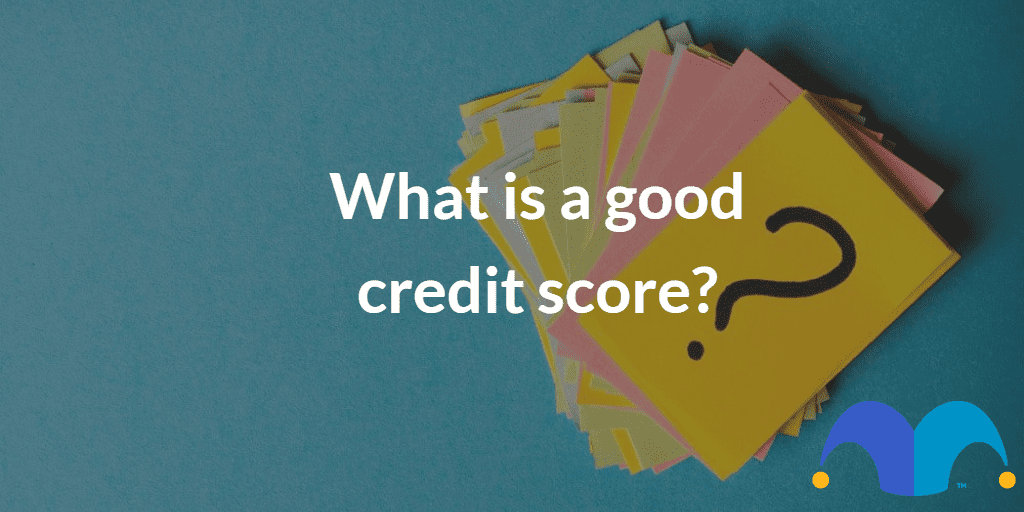Maybe you’ve heard that it’s important to have a good credit score but you’re not actually sure what a good score is or why You need one. Well, here’s a look at what a good credit score is, why it matters and how to improve your score.
What is a good credit score?
A credit score is a numerical value that indicates how reliably you repay any money you borrow. In other words, your score helps lenders decide whether to lend you money or not.
A ‘good’ credit score varies because each credit reference agency uses a slightly different scoring system. For example, your Experian score won’t be the same as your Equifax score.
Here’s what counts as a ‘good’ credit score for the main credit reference agencies in the UK.
- Experian: 881-960 out of 999
- Equifax: 531-670 out of 1000
- TransUnion: 604-627 out of 710
Although ‘good’ scores are fine, you should ideally aim for an ‘excellent’ score.
Why is it important to have a good credit score?
Essentially, the higher your credit score, the easier it is to get credit.
If you have a low credit score, lenders may see you as a ‘risky’ customer. They may not offer you the financial products you need at different points in time, such as a credit card, loan or mortgage. So, if you’re trying to secure credit, you need a good score.
What are the benefits of having a good credit score?
A good credit score offers you some specific benefits. Let’s break them down.
- Cheaper credit: When you have a good score, you’re more likely to secure lower interest rates. This is really helpful for long-standing credit agreements like mortgages because you’ll save money in the long term.
- Wider product availability: A better score gives you access to more financial products (e.g. a wider range of credit cards).
- More housing options: A good score can help you find a rental property because landlords may consider your score when they’re choosing tenants.
- Better contract opportunities: Some other institutions, like private schools, gyms and mobile phone companies, look at credit scores when considering applications.
How long does improving your credit score take?
Unfortunately, you can’t improve your credit score overnight. How long it takes to improve your score depends on factors such as:
- How low your credit score is
- What the credit issues are
For example, it might take longer to boost your score if you have a County Court Judgment (CCJ) against you than if you’ve missed one or two loan repayments. If you’re worried about your credit rating, you might consider seeking financial advice from a charity like Citizens Advice.
How can you get a good credit score?
If you’re not quite at a good score yet, here are a few tips for how you might improve your credit score.
Get on the electoral register
Lenders check the electoral register (electoral roll) to confirm your personal information (e.g. your address). Make sure you’re on the register, and if you move address, always update your details. You can do this on the gov.uk website.
Pay your bills on time
It sounds obvious, but your payment history affects your credit score. To ensure you pay bills on time, consider setting up automated payments, or direct debits for recurring payments. And make sure you budget every month so there’s enough to cover your bills.
Limit your credit applications
You trigger a credit enquiry each time you apply for a new loan or credit card.
While you can check your credit score with no impact on your file, applying for several lines of credit in a short space of time can lower your score. So if you’re rejected, try to find out why rather than applying for more credit immediately.
Check your credit utilisation ratio
Your credit utilisation ratio is the relationship between the amount of credit you’ve been granted and how much of it you’re using.
To improve your credit score, try to pay down your credit cards so you have more credit available. Ideally, aim to clear your credit card balances in full each month.
Check your credit score regularly
Don’t just check your score before applying for credit. Check it every few months or so. If your score drops suddenly, you can identify what’s causing the problem and take action.
Get a credit card for bad credit
If you have low or no credit, try getting a credit card for poor credit. Consistently keeping your balance low and paying it off over time can help you increase your score. Our guide to credit cards for bad credit is a good place to start learning which cards might work for you.
